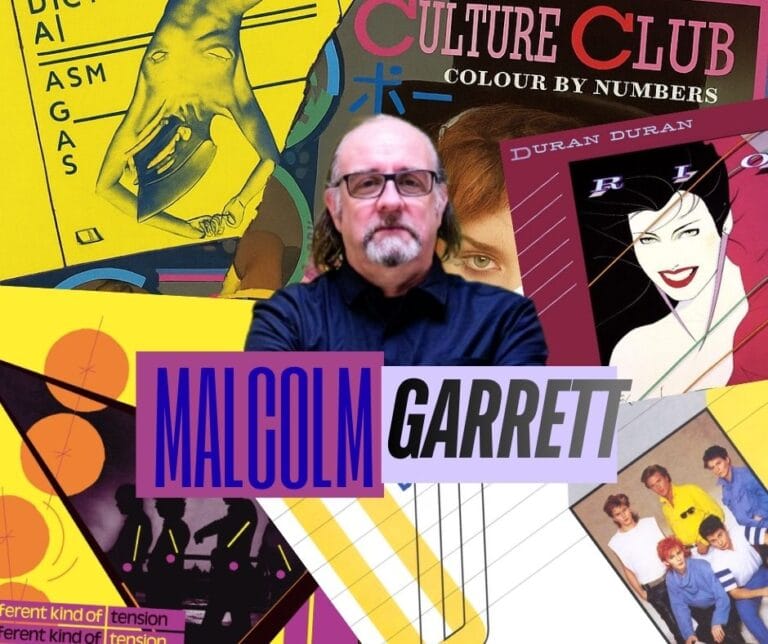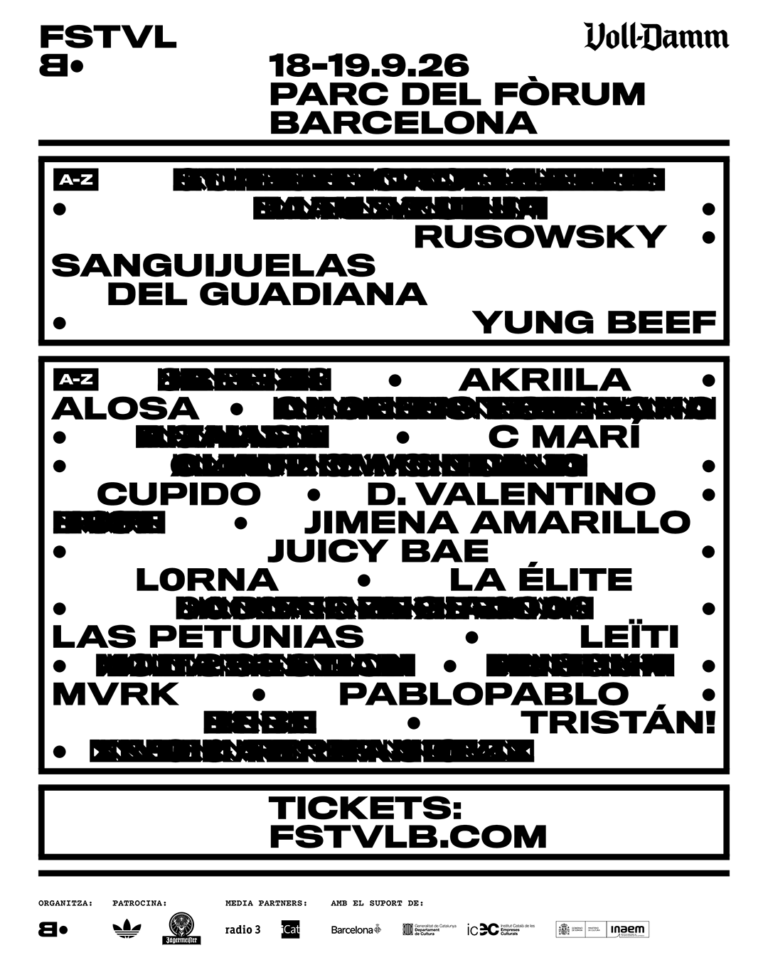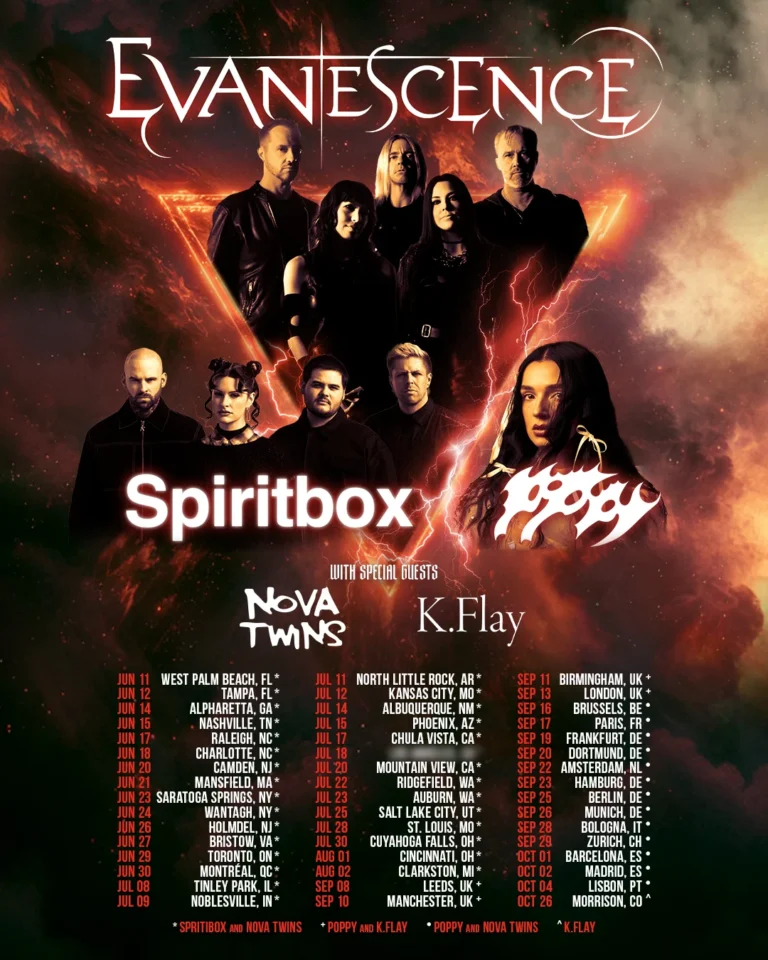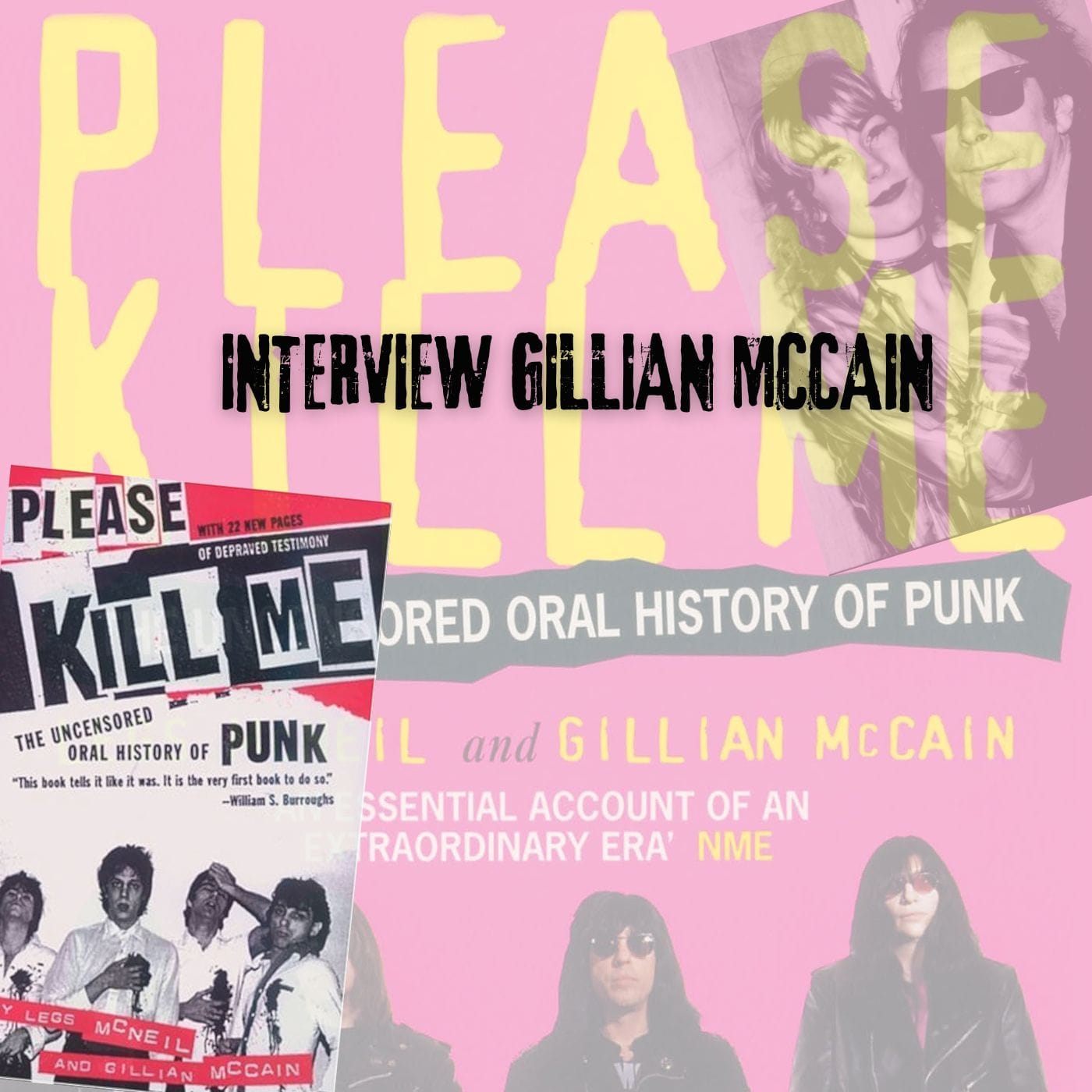
Punk as an act of cultural blasphemy, Please Kill Me written by Gillian McCain and Legs McNeil. The history of punk needs no translators. There are no official versions, no trimmings or speeches chewed up to make them easy to swallow. There is chaos, there is rage, there is explosion. But above all, there is truth.
That truth is in Please Kill Me, the «bible» of punk… although in this religion there are no gods, only martyrs with out-of-tune guitars. There is no salvation or redemption, only an unfiltered story where the only liturgy was to shout at the system and spit in its face. Written by Gillian McCain and Legs McNeil, it is not read: it is survived. It is an oral testament of those who lived to tell the tale and of those who fell by the wayside.
Since its publication in 1996, Please Kill Me has been more than just a book: it has been the manifesto of a generation that burned everything and set itself on fire with it. Its release did not go unnoticed: it was greeted with enthusiasm by those who saw their story reflected in its pages, but also with suspicion by those who did not want to see the rawness of punk exposed without filters. We spoke to Gillian McCain about the impact of the book, the self-destruction inherent in punk and what would have happened if social media had existed in the 70s.
PUNK NEVER WANTED TO BE A MYTH, JUST TO BURN
In an age where everything is manufactured to be consumed, punk remains an indomitable animal. Its impact on punk culture is undeniable, but its essence remains incorruptible. What Please Kill Me makes clear is that self-destruction was not a marketing strategy.
Long before record companies came on the scene, punk was already crumbling from within. But it wasn’t just mindless chaos: it was a creative explosion, an act of defiance and a break with the established order. The industry did what it always does: absorb, exploit and regurgitate. But when we talk about Johnny Thunders, Sid Vicious, Stiv Bators, we are not talking about victims of a system, but about artists who had the urgency of punk in their blood.
«The destruction was well in place before these people had record deals. The book is about their personal stories before their “images” were co opted by the media and record companies… and if anything, as far as drugs went, I think the media and record companies were trying to downplay that, or hoping the problem would go away.»
Punk was never a product, it was a fire that no one could put out.
RIPPED JEANS, VELVET UNDERGROUND AND A STORY THAT KEEPS BLEEDING
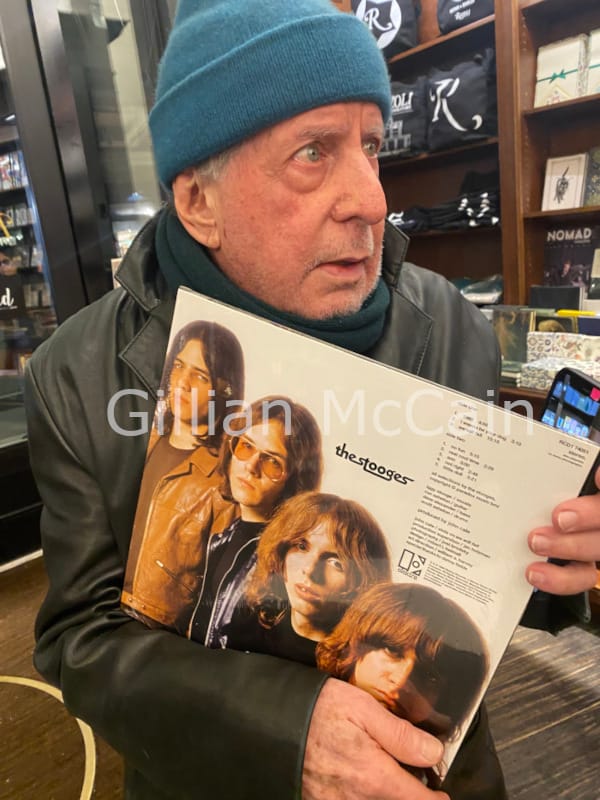
The legacy of punk is still alive. It can be heard in bands, on records, in screams. And even though there are attempts to domesticate it, to package it into something more “accessible,” the essence is still there. For McCain, it is impossible to deny its influence:
«Obviously, punk has had a huge influence on fashion and music. Who invented ripped jeans? Iggy Pop and/or the Ramones. It feels like every other interview you read the musician cites the Velvet Underground, or the Stooges, or Patti Smith as influences.
I just read that Charli XCX said that the first Velvet Underground album was the “apex of fine art and DIY culture colliding…”»
Punk continues to contaminate culture. Even today, digital pop icons like Charli XCX see in The Velvet Underground the spark where “fine art and DIY collide.” This isn’t about looking back with romantic eyes or romanticizing the disaster. What matters is that punk still breathes in every dirty riff, in every chord that sounds like a kick in the face.
IF 70S PUNK HAD ACCESS TO SOCIAL MEDIA, WHAT WOULD HAVE HAPPENED?
The question was inevitable. In a world where immediacy is the norm and overexposure is commonplace, would the immediacy of the internet have killed the mystery and rawness of the movement?
McCain’s answer is direct:
«YES.»
Yes. The immediacy of the Internet would have killed the mystery and rawness of punk. That “you had to be there,” that aura of something underground, forbidden and unpredictable, would have been diluted in the constant bombardment of information. In a world where everything is documented and dissected in real time, punk would have been something different. Maybe it wouldn’t have disappeared, but it would have lost part of its essence.
FORGOTTEN STORIES AND THE PASSAGE OF TIME
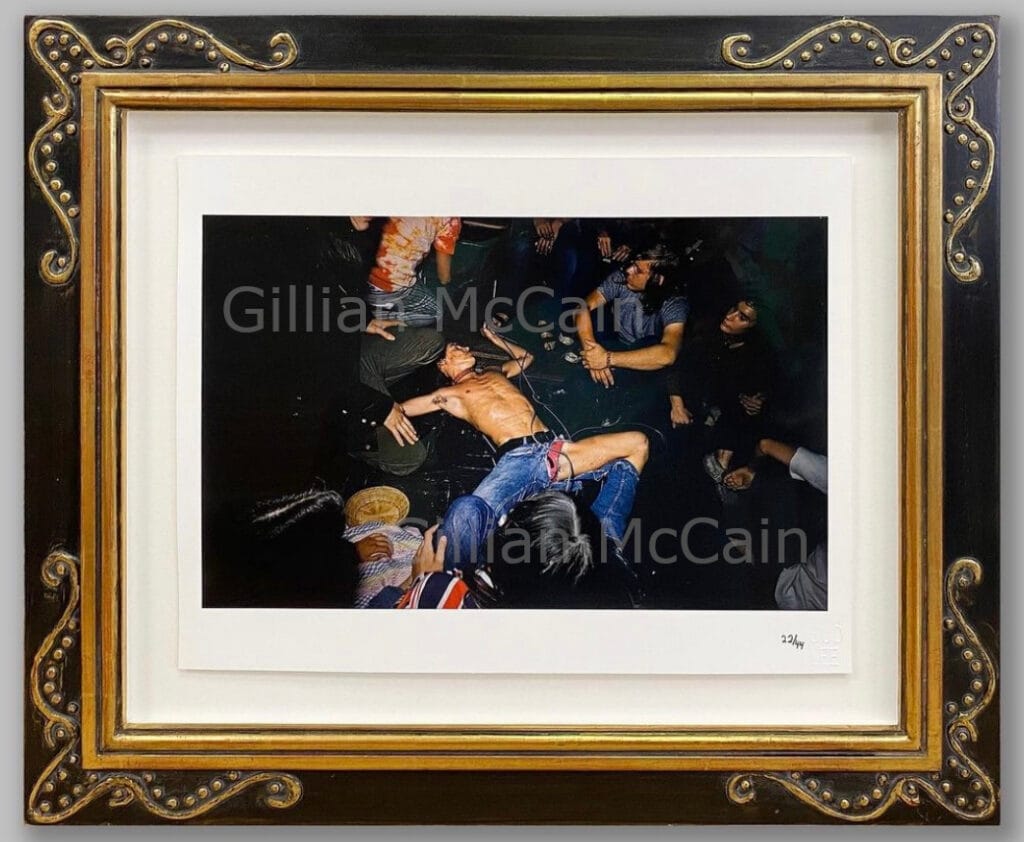
Please Kill Me captures the unfiltered truth and rawness of punk. But looking back, do you think there were stories that were left out because they were too dark, too dangerous?
«No. if there were dark and dangerous stories that that aren’t included in the book it’s because the interviewee probably didn’t remember them! We didn’t feel that anyone “held back.”
That was the beauty of it—- the majority of the interviews were done in the mid 90s— depending on when you define the beginning of punk, or the heyday of it, they were done around two decades after, so enough time had gone by that people were upfront about their behaviour/habits that they might not have been upfront about twenty years earlier. «
There is no censorship. No stories were left out because they were too dark. If something is not in the book, it is because it was simply lost in the fog of memory, in the endless nights, in the mist of destroyed memories.
There is no filter. There is no regret. Just the echo of an era that can never be repeated.
PUNK DID NOT WANT TO BE ETERNAL, AND THAT’S WHY IT IS
Please Kill Me is not just a capsule of the past, it is a reminder of what punk always was and still is: an act of insurrection against the establishment. Written by punks who lived punk, not by theorists with their hands on their chest. There are no outside observers reinterpreting history from the comfort of an office: there are voices that were there, who saw it burn and who still smell the smoke.
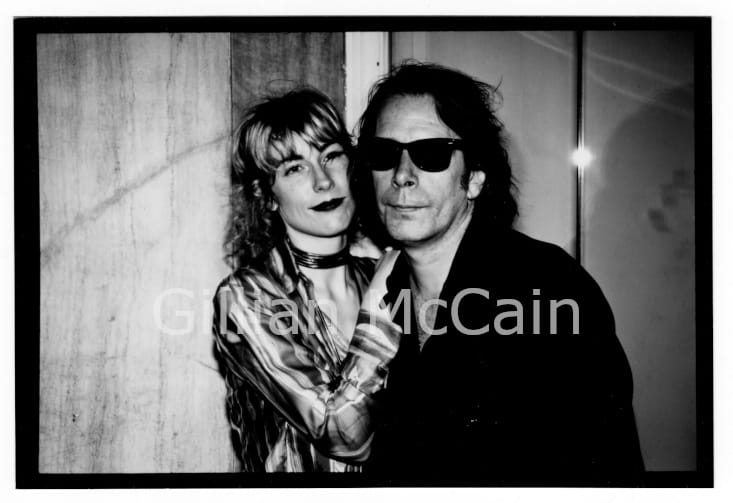
Gillian leaves us with one last piece of information that seems written by destiny:
The Ramones first played the Roundhouse in London on the day of the Bicentennial in July 4 th , 1976. Please Kill Me came out in June of 1996. Beautiful timing!
Twenty years later, history was written. Today, almost 30 years after its publication, it is still a kick in the teeth. Because punk never wanted to be eternal, but it is. Because it never wanted to survive, and that makes it immortal.
To those who think that punk is dead… someone should warn them… Because it still smells like gasoline.
I am deeply grateful to Gillian McCain for her humility and generosity in sharing her time, and photographic material with me. It is an honour to speak with someone who has documented punk with such rawness and respect. Sometimes, amidst the noise and distortion, you find authentic voices that keep the unfiltered history alive.
Thank you, Gillian, for helping to keep punk alive.
Mariana XoXo
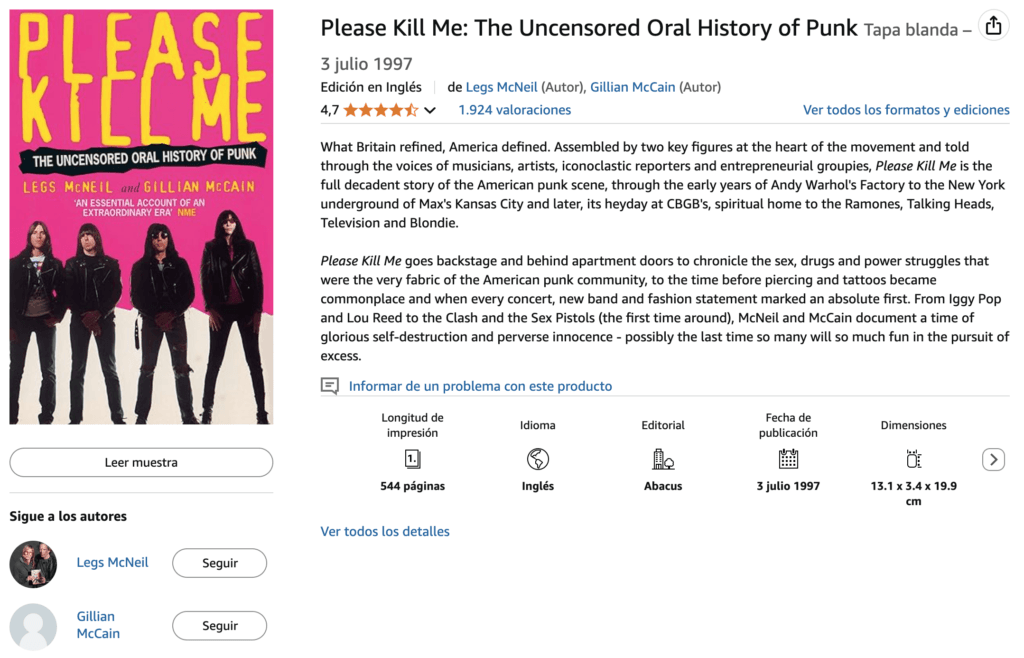
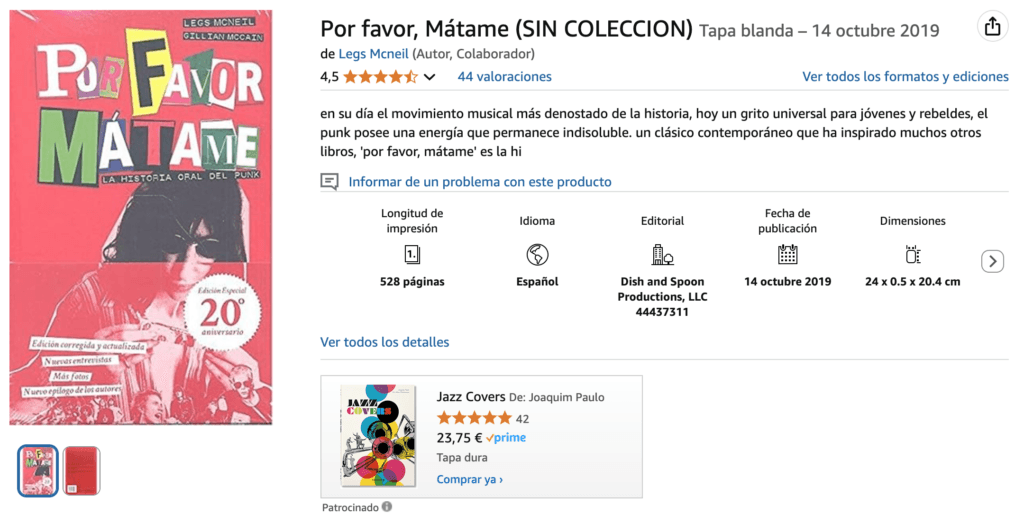


This site is maintained in part by donations from our visitors. If you like our work and want to reward it, remember that you can give us a coffee in our buymeacoffee account: mgzmag

or by scanning the following QR code with your mobile, thank you very much.


